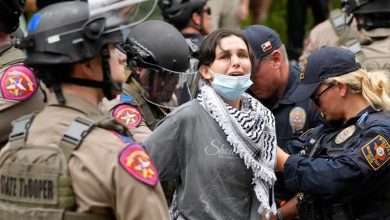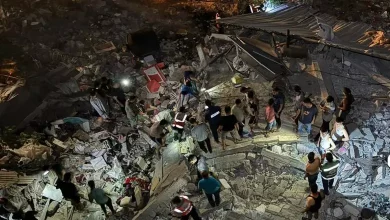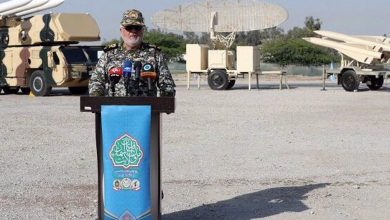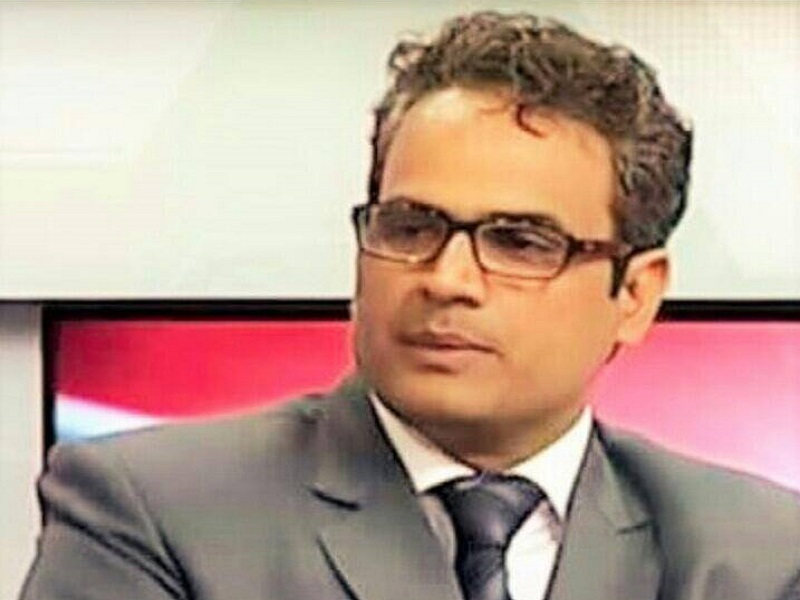Resistance will continue because it has popular trust, support: Nasrallah
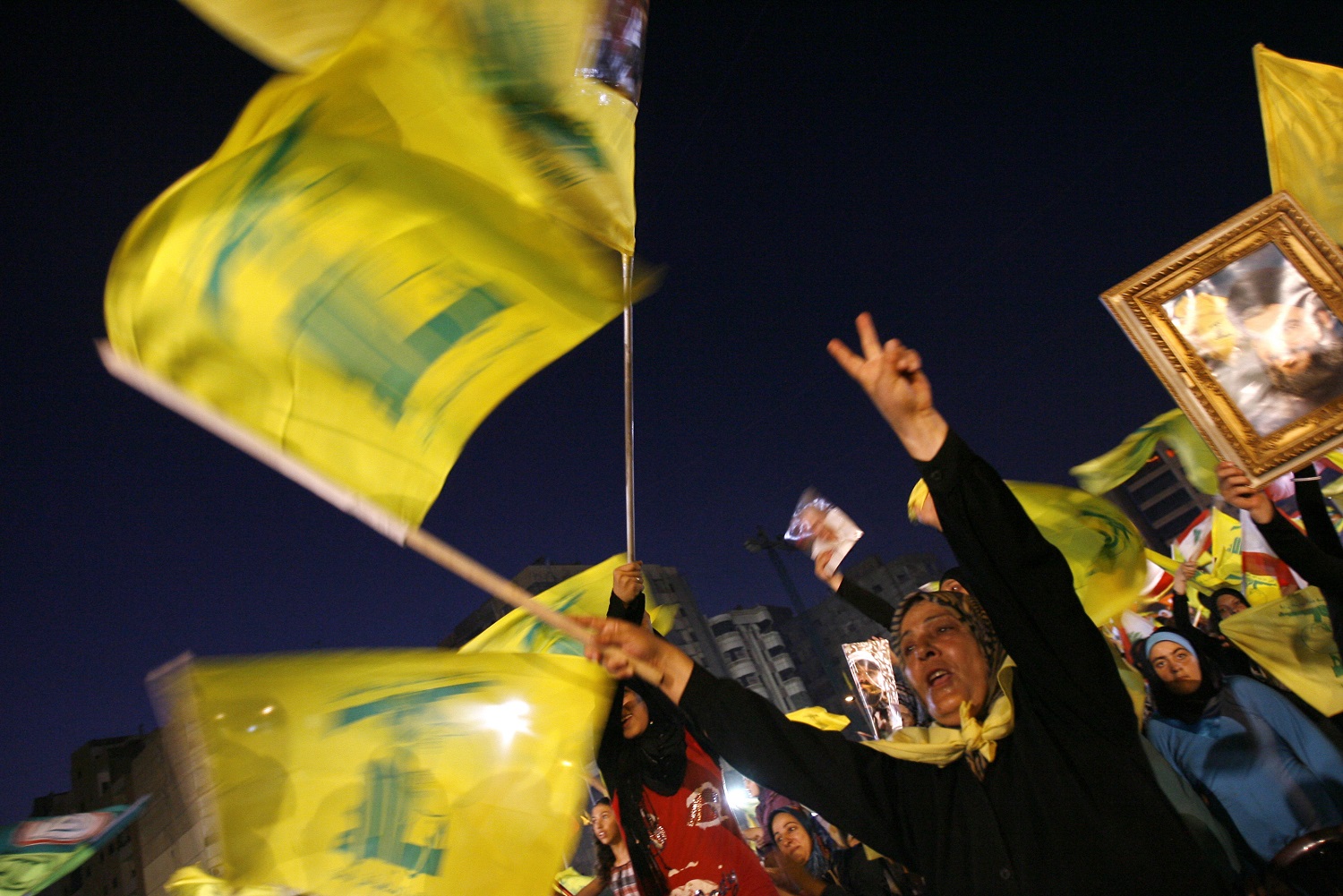

The secretary general of the Lebanese Hezbollah resistance movement has lauded ensuring an atmosphere of calm and security for the country’s general elections as a national achievement, describing the results as a major victory for the resistance group.
Addressing his supporters via a televised speech broadcast live from the Lebanese capital city of Beirut on Monday evening, Sayyed Hassan Nasrallah hailed the vote results as “a great moral and political victory for Hezbollah, which protects the country.”
He expressed his gratitude to all those who helped holding the national polls successfully, stressing that the “proportionality vote law offered all political factions the opportunity to represent themselves in the elections, mitigated the risks of exclusion from Lebanon’s political structure, and assured all sides that they will have a role in the administration.”
Nasrallah then praised the secure and stable ambiance during the May 6 elections, emphasizing that Hezbollah needs a strong representation in the parliament in order to fight corruption, honor its promises and build Lebanon.
“The United States and some Persian Gulf states resorted to smear campaign in a bid to poison public opinion towards Hezbollah. Their efforts, however, ended in failure,” he pointed out.
The Hezbollah chief further noted that the resistance movement has obtained its goals in the national elections, saying that strong relations among the Lebanese nation, armed forces and his fellow fighters can protect the Arab country against any potential threat.
“No one in the world can target Hezbollah as it has firm support among various strata of the Lebanese society. Towns and cities in southern Lebanon have served as the resistance front in the face of threats being poised by the Israeli regime and terrorist groups. Enemies’ plots to undermine Hezbollah popularity in those regions have yielded nothing,” Nasrallah underlined.
He called on Lebanese political parties to leave room for reconciliation, urging them to stay away from attempts meant to cancel one another.
“We must avoid any sectarian or inflammatory speech similar to those delivered before the elections if we want to avoid any conflict in the country,” the Hezbollah secretary general commented.
Voting has begun in Lebanon’s parliamentary elections in almost a decade, with over 500 candidates vying for 128 seats at the legislature.
Nasrallah then warned against threats being made by Israeli officials against Syria, Lebanon and the Islamic Republic of Iran, saying they were worrisome for Middle East nations.
He demanded cooperation among Lebanese factions, saying, “The scenes of families of martyrs, wounded fighters, and the elderly waiting to cast their ballots were very touching.”
“Lebanese people carried out their duty in the elections. Responsibility now rests with parliamentarians as they are liable before God and people,” Nasrallah concluded.
Lebanon’s first parliamentary vote in nine years was held on Sunday, with over 500 candidates vying for seats. Turnout was 49.2 percent, according to officials.
Unofficial results from Lebanon’s parliamentary elections show that Hezbollah and its political allies secured over half the seats.
Hezbollah as well as groups and individuals affiliated to it have won at least 67 seats in Lebanon’s parliament, according to the results cited by politicians and campaigns and reported in Lebanese media.
Hezbollah’s allies include the Amal Movement led by Parliament Speaker Nabih Berri and the Christian Free Patriotic Movement founded by President Michel Aoun.
The parliamentary seats are split evenly – 64 for Christians and 64 for Muslims, including Druze, with the two halves further divided among 11 religious groups.


